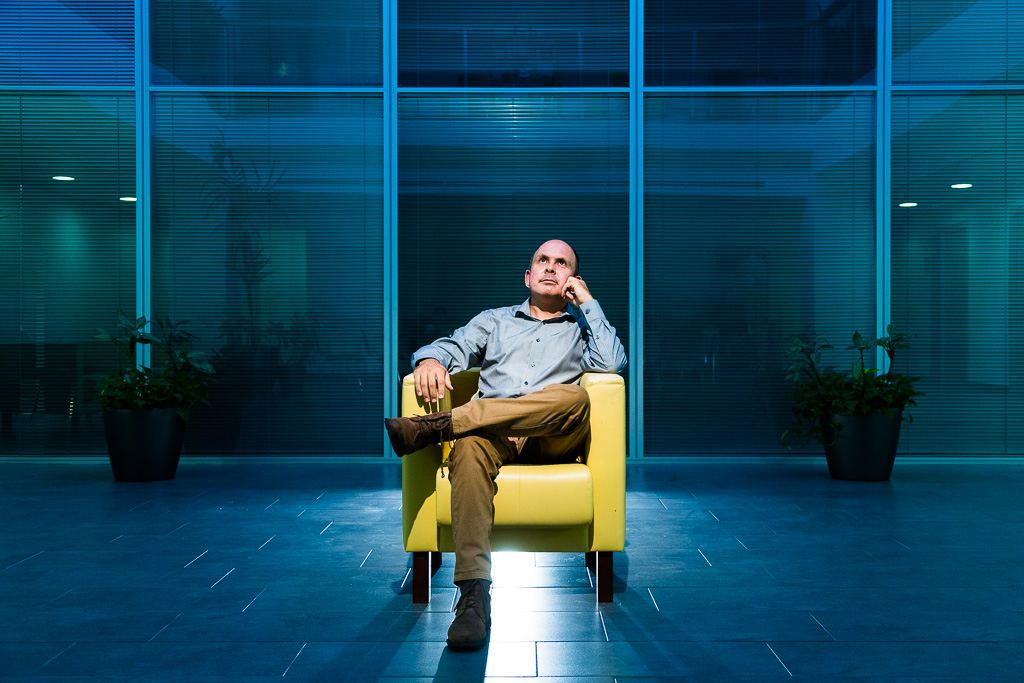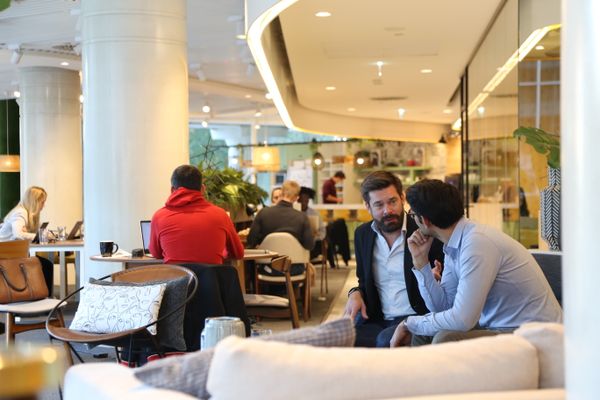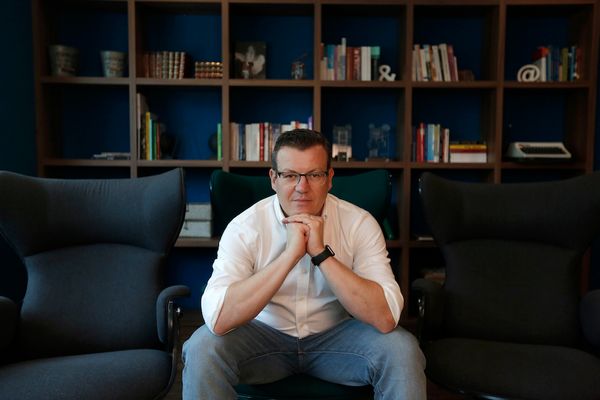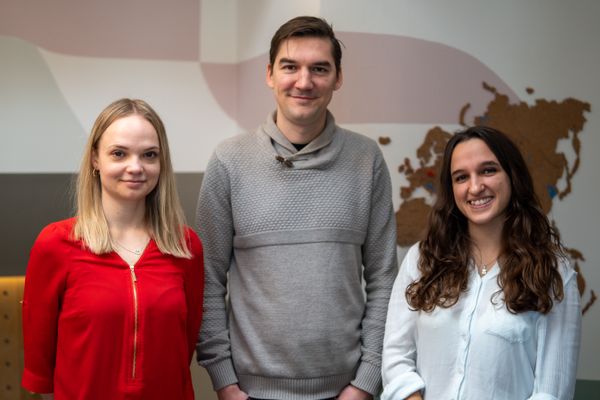I would be lying if I said that the story of José Antonio Morales did not move me. It all started about thirty years ago when José Antonio was trying to catch a plane from Lima to Belgium to meet the woman he’d just started dating. However, destiny had something very different in store for him. While he was waiting to hop on a flight that he believed would change his life, in reality, his life changed during the wait. He started a conversation with a woman there and before the plane took off they’d shared contact information based on their immediate connection.
The trip to Belgium did not work out as planned; the relationship ended and he returned to his native Peru. However, after more than two years of letters and postcards (yes, the kind sent by mail) José Antonio returned to the airport, this time to visit the woman who a little more than a month later would become his wife.
At that moment the decision seemed simple: live in Peru working his dream job at Microsoft? Or resettle in Slovenia, his wife’s country? You have probably guessed: José Antonio moved to MurSka Sobota a small city in Slovenia, and managed to keep working for Microsoft in his new country of residence.
Years later, he experienced hearing a room full of laughter after the crowd believed the speaker had made a mistake by announcing that one of Microsoft’s awards of recognition was given to Jose Antonio Morales—a clearly Latin name—from Slovenia. But it was no mistake!
After leaving Microsoft he accepted a project in New York. This detour was short-lived, and after a dispute over ethical concerns with the project leader, he decided to return to Slovenia for a new chapter. And, as in so many other stories we have collected in this blog, it is then that coworking changed his life.
“I thought I was facing a mid-life crisis early. At 39 I decided to start a non-tech project from scratch. I went to Vienna for a few days to get inspired but I didn’t know anyone.”
There, he ended up by chance in an Impact Hub and fell in love with the concept: “I asked a person where I could find breakfast and he said I’m hungry too, let’s go together.”
Coworking had worked its magic. When he arrived home he told his wife that he would open a coworking space in their small town of just 25,000 inhabitants.
After some dissatisfaction with available prices, he finally got a location from a bank that he could use for free and launched a call for members—no one was interested. "While I was thinking about how to get in touch with developers and other professionals that I thought would be in the area, I launched another call to assemble the IKEA furniture I had bought. To my surprise, three people responded. How was it possible that I was looking for coworkers and couldn’t find a single one and yet I found three volunteers to assemble furniture?"
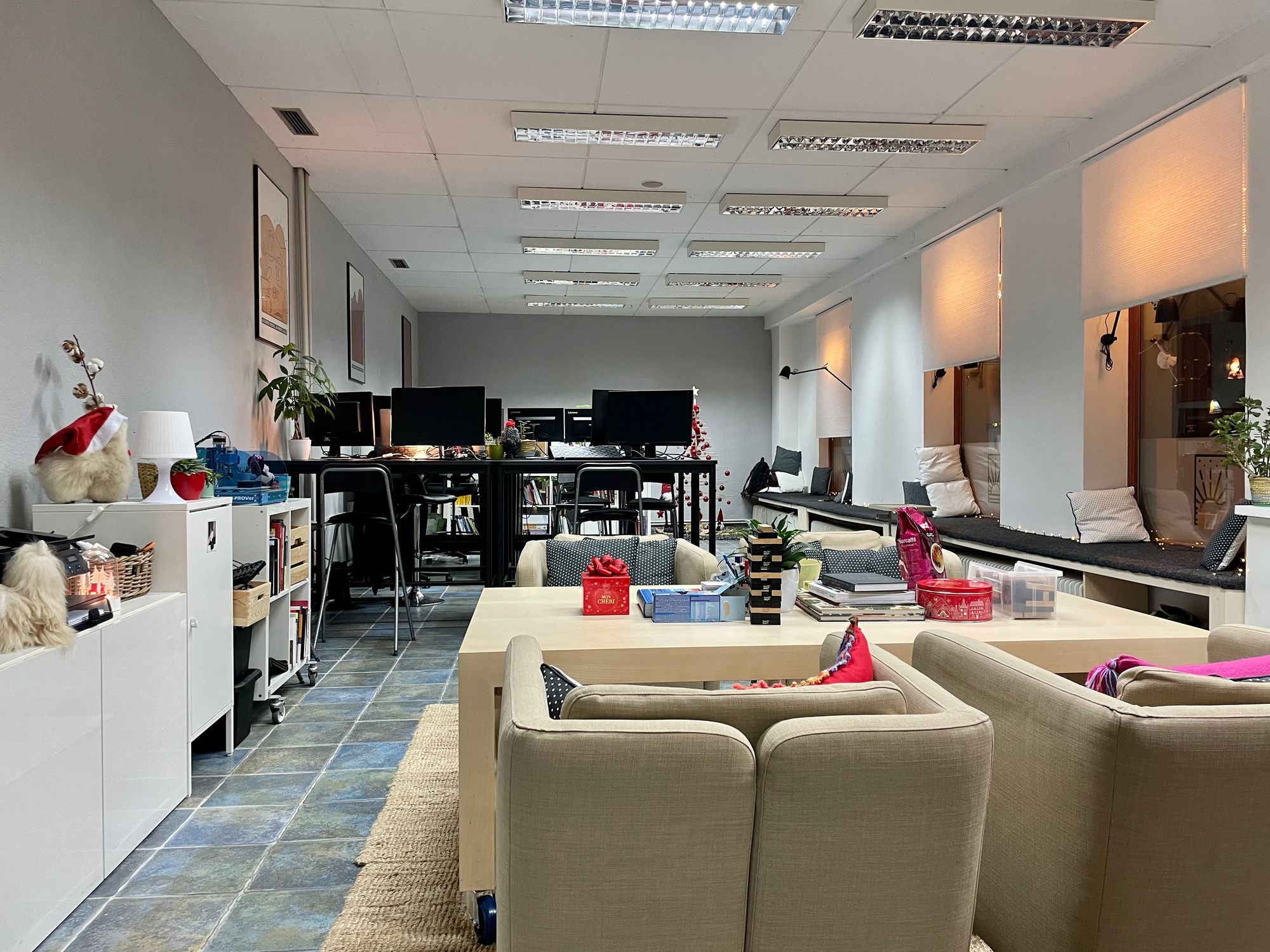
Two of those three people became members and after a short time, a third joined. So, with this group of four (himself included) Aurora Coworking was born. The name comes from his grandmother, whom he never met, whose name was almost taboo in his family because of the pain the loss caused for his father.
When he started, his friends in the technology sector had told him this plan would fail and ruin him.
“After a short time,” confesses José Antonio, “I realized that with the size of the area, we could never offer the return necessary to pay a salary.” He came to the conclusion that we have heard from the mouths of other managers of spaces in rural and small-town environments: “Our population lacked the critical mass to make coworking a business.”
However, and this is the key to this story:
“Coworking is not a business, coworking is a channel for doing business.”
That is, the fact of having a coworking space, or participating in it, facilitates the generation of business by providing professional visibility to its manager. In a rural environment, unlike what many urban evangelists believe, there are many strong networks: those with whom you grew up, family relationships, associations, etc... However, what can be lacking are professional networks for certain types of professions. And this is where coworking can make a difference by interconnecting these professionals and allowing them to develop their skills and scale their networks.
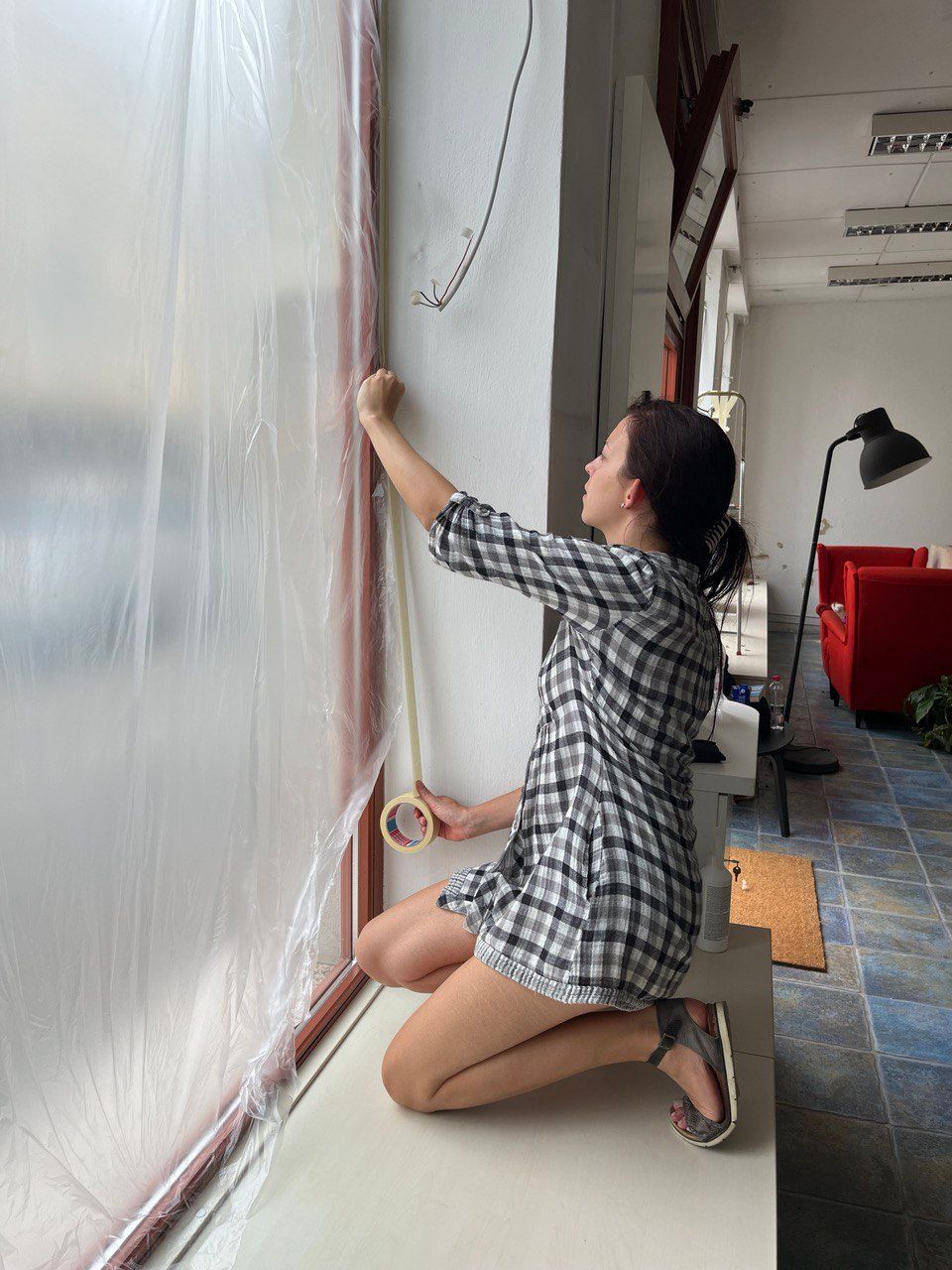
But how to find these potential members? It was proving impossible. There came a point where the situation became untenable and José Antonio reached the point where he told his members that they would have to close up shop. “The members were surprised, but I told them that I was tired of contributing money because we weren’t meeting the cost of our basic expenses; and I was tired of cleaning the bathroom, which despite frequent requests for cleanliness, they never cleaned.”
His members’ response surprised him. “They thought that their membership fees covered everything and they didn’t know that I was the one who had to cover the gap.” Since no one wanted to lose their professional home, they decided to change their way of working and start sharing the expenses of the space in an equitable and dynamic way. This changed everything.
“They realized that if more members joined then they would pay less. They became committed to the promotion of the space and it transformed the culture.”
This transformation led to an increase in the number of people joining the community and the addition of professionals in a wider array of fields, such as fitness, translators, or IT workers. But soon, José Antonio started playing around with the idea of charging more for members paid for by larger, multinational companies. This idea did not sit well with the current membership. They wanted the community spirit of Aurora to remain—and that meant maintaining the existing payment structure.
After eight years, six of which were based on cooperative operation despite being told many times that it would never work—Aurora is not only still one of the oldest coworking communities in Slovenia, but also one of the oldest in the world. Aurora remains one of the few coworking spaces in Slovenia, but after inspiring another space in Maribor to follow its model, they created the Aurora coworking network, a cooperative that brings together spaces that operate cooperatively and allows them to undertake larger projects.
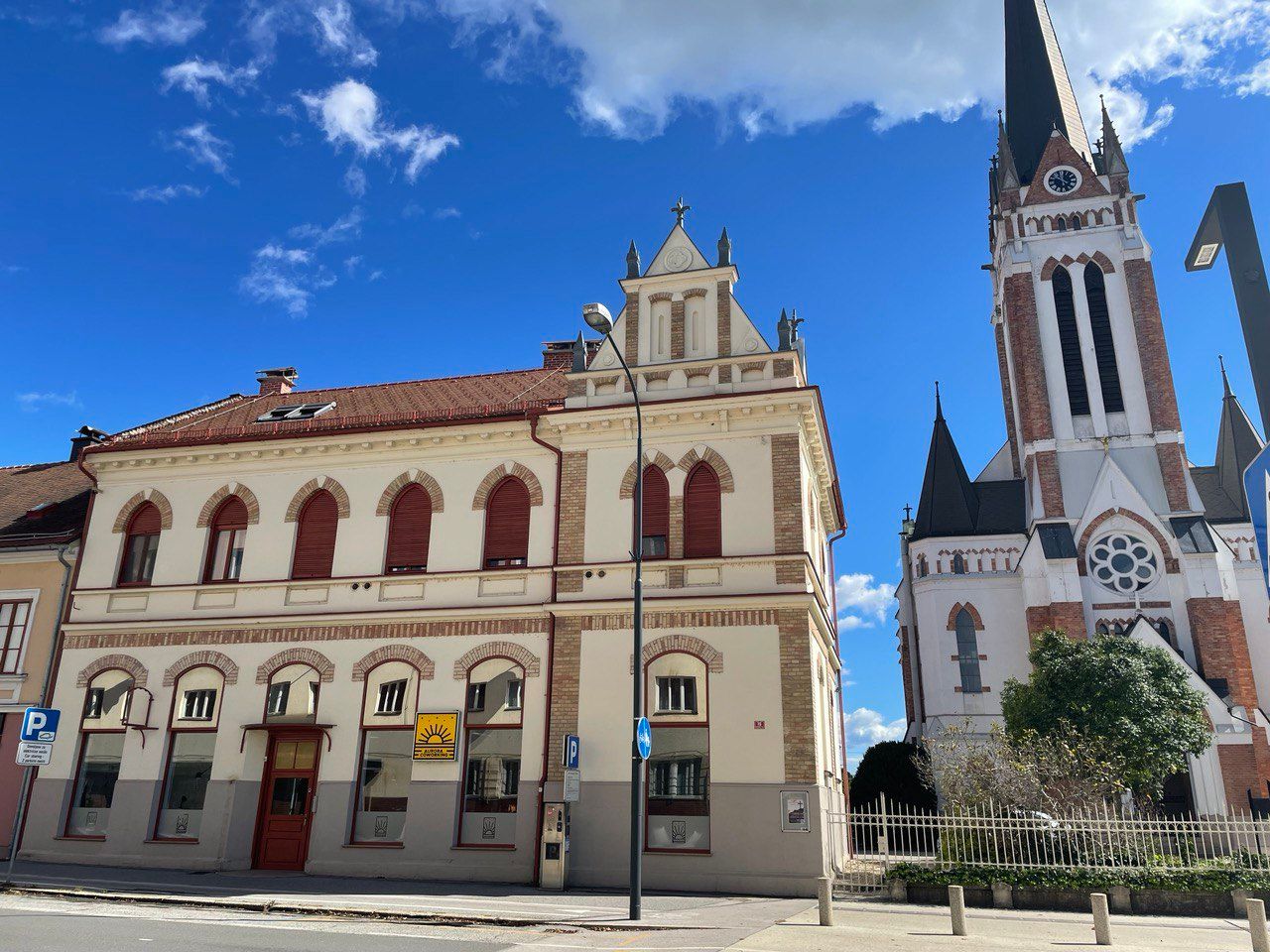
After having changed location twice in one year the space has 18 members today (quite remarkable for a city of this size) and the price has increased less than 30% despite the fact that they are simultaneously creating a rainy day fund in case of emergencies.
We could ask José Antonio what is his wish for the future but it was not necessary.
“Coworking is a cure for loneliness, the independent worker does not want to be alone.”
And I can not agree more that “the cooperative model is stronger and I think that although in rural spaces it makes a lot of sense I think it can be taken to other places.” This statement by José Antonio, with which I totally agree, should be qualified since a model of these characteristics can be adopted in practically any environment, but I do believe that there are limitations (or adaptations) depending on the scale of the community that we are creating.
However, the model works, its eight years of life attest to this. While Aurora continues to cure loneliness in their little corner of rural Slovenia, we hope with all our hearts that this cure will spread to many more places. Even if this does not lead to the complete reimaging of coworking across the world, we hope with all our hearts that this becomes an alternative and functional version of coworking more widespread than it is today: coworking deserves it.
If you aren’t already using Cobot as your coworking management software, give it a go! You’ll find that our features can help you run your coworking space more effectively and grow your community. Just sign up for a free trial or a live demo session. And if you have questions, our support team is all ears!
Happy Coworking!
